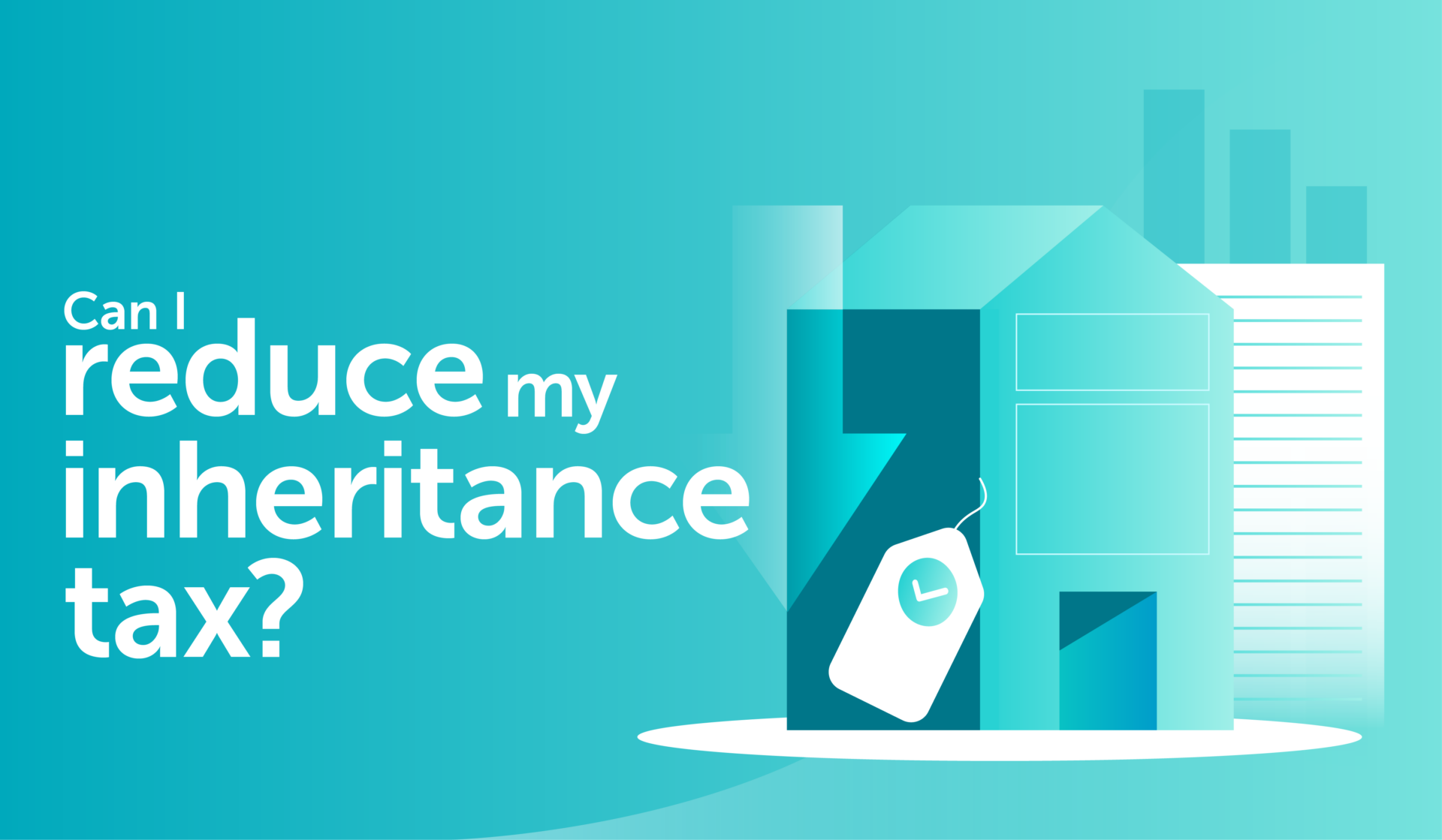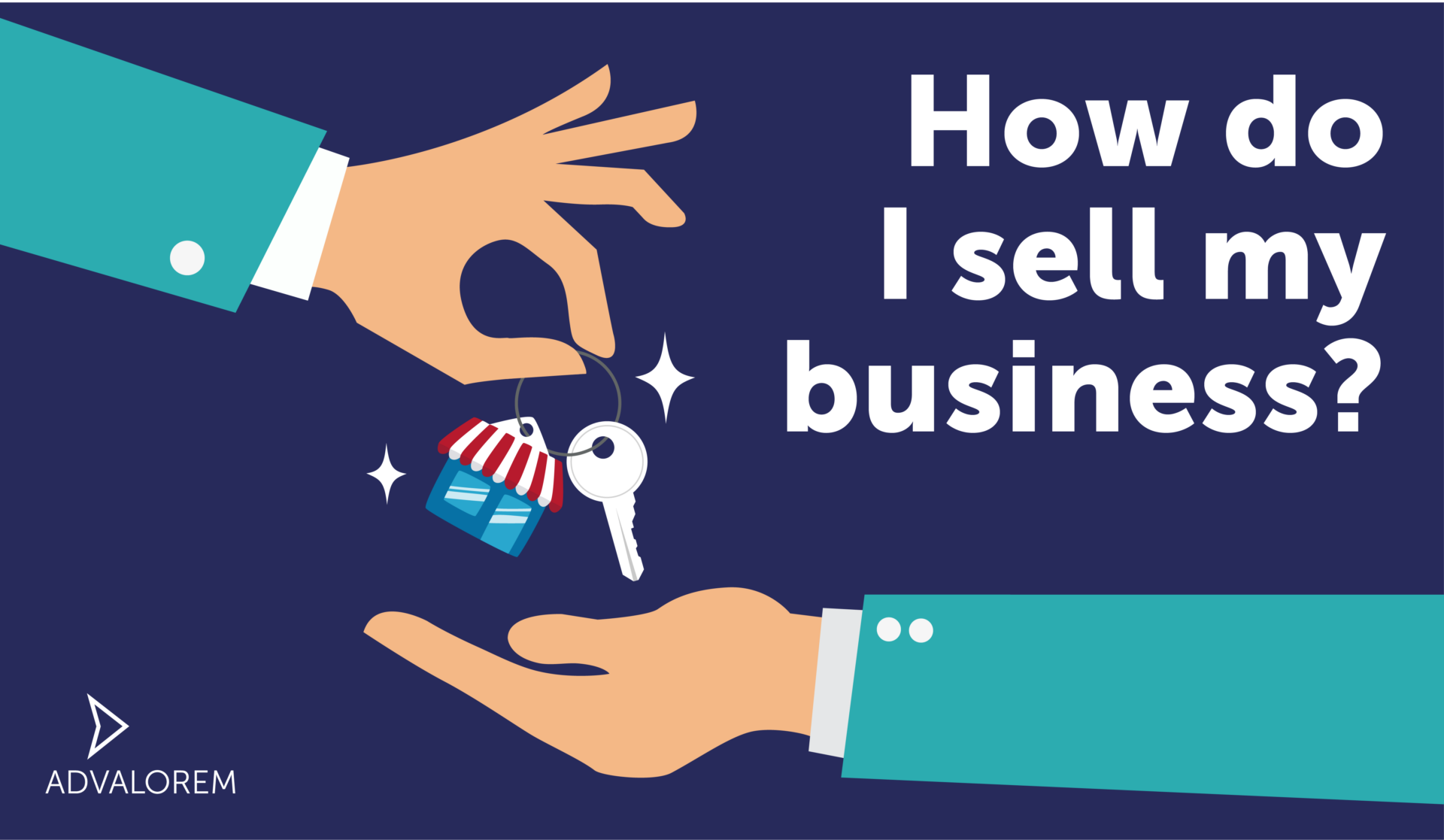
Can my company buy back my shares?
A company buyback of shares is a popular route for shareholder exits and is a legitimate method of extracting cash from a private company. They are more commonly known as a company purchase of own shares.
Why would a company buy back its own shares?
There are a couple of options available for an existing shareholder to sell their shares; they can sell to another shareholder, they can sell to an external third party or they can sell back to the issuing company.
Selling to an external third party would probably not be the companies first choice as it means that there would be a new party entering the business who could have a say in how it is run.
Selling to another shareholder would be a good alternative but this doesn’t come without its concerns either. If one shareholder were to hold the majority of the company’s shares, then it would have control over the company. The purchasing shareholder would also need to have the cash to purchase the shares.
This is why the most popular route is for the company to buy back its shares as it would stop external third parties entering the business as well as stopping one shareholder obtaining control.
What happens when a company does a share buyback?
The shares are cancelled once they have been bought back, meaning that the remaining shareholders will obtain an increased share entitlement as there are fewer shares in issue.
Why are share buybacks important to shareholders?
It can protect their investments because there won’t be any external parties. As the shares in the company will reduce after the buyback, it will mean that the remaining shareholders stake in the company and the amount that they are due from future dividends will increase.
How much will I have to pay for the shares?
In most cases there are no specific rules that prescribe how much should be paid for the shares, this is a matter of negotiation between the directors and the shareholders. You may wish to undergo a company valuation to ensure that the price agreed is reasonable.
It is worth noting that if the transaction takes place between “connected” parties i.e. if the company is a family business the shareholders are siblings or have a parental link, then the transaction will be taxed as if it happened at the market value for the shares regardless of the price that is actually paid.
What are the restrictions to a share buyback?
The company must have sufficient distributable reserves to pay for the purchase.
There are strict rules surrounding the share buyback which impact the way the exiting shareholder is taxed. The transaction will either be subject to Capital Gains Tax or Income Tax.
If certain criteria are met then the sale will be treated as a capital distribution and the proceeds will be subject to capital gains tax, there are impressive tax reliefs available for this treatment e.g. in certain circumstances the gain can be taxed at 10%.
If the criteria are not met, then the sale will be treated as an income distribution and the proceeds will be taxed as a dividend and will be taxed at the income tax rates for dividends which are currently 0%/8.75%/33.75%/39.35%.
What steps are involved in a share buyback?
- Checking whether the company is eligible for a share buyback.
- Undertaking a company valuation.
- Arranging for the legal paperwork to be drafted.
- Corresponding with HMRC throughout the process to ensure that the transaction is tax compliant.
There are multiple steps that are involved with a company share buyback, and Ad Valorem are on hand to assist every step of the way.
You will need a solicitor to draw up the legal documents, we can work closely with them to ensure that there is a smooth transition between all steps. We can even help make introductions to our trusted contacts if need be.
Written by Justine Whyatt ATT CTA





